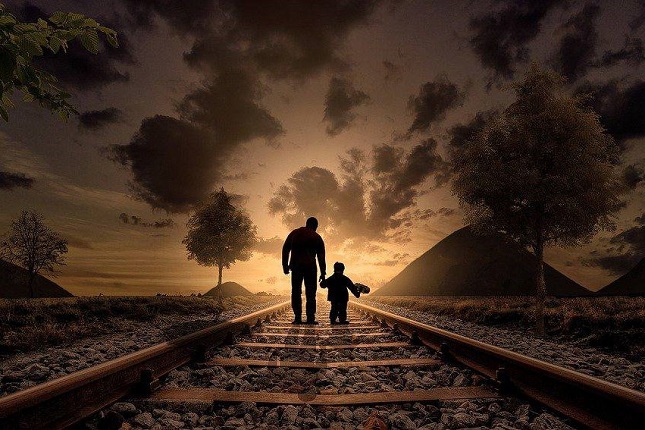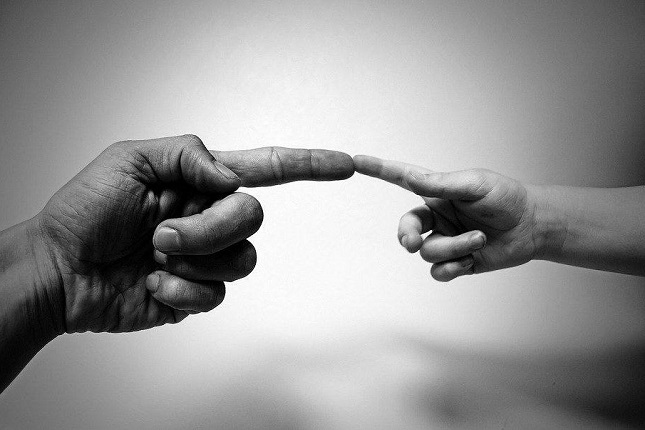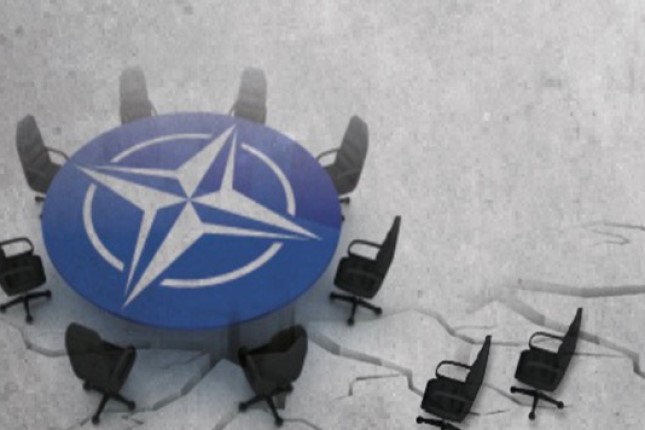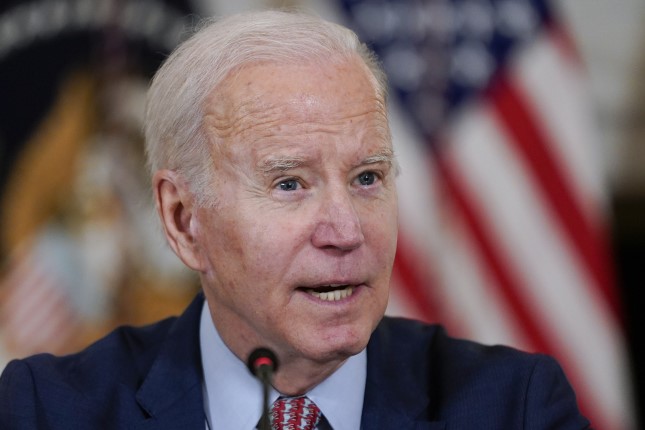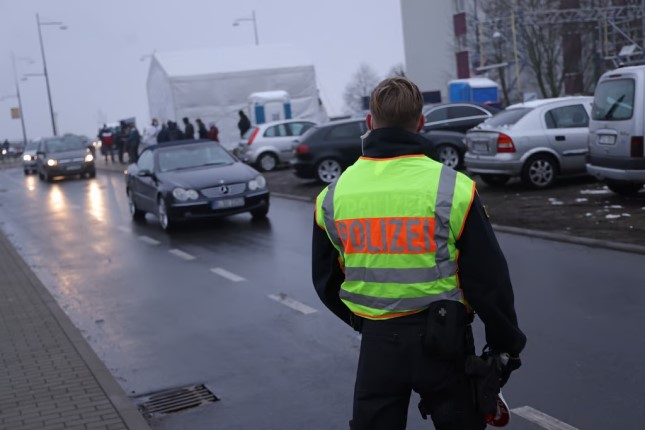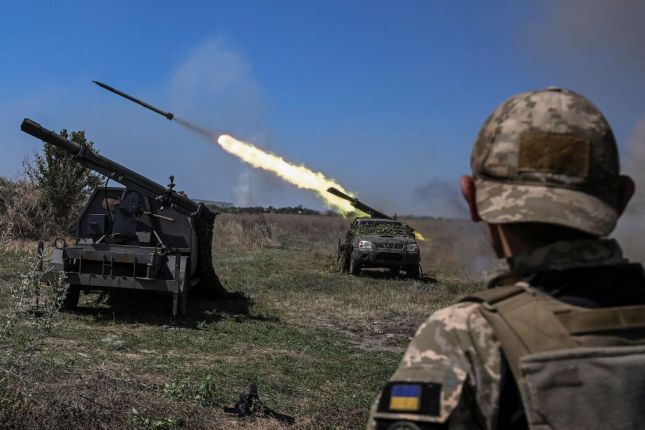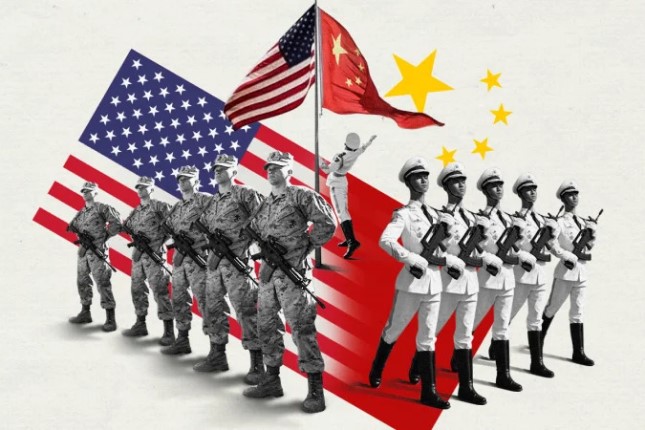Simple as it may seem, it is one of the crucial questions setting today's global agenda. It is also one of the most intriguing questions, considering that the efforts to reach an agreement have been enormous. Yet the parties continue struggling to reach one.
The answer to the question came unexpectedly from Austria.
First, Chancellor Karl Nehammer commented in July on European approaches to tackling inflation: "If we continue in the same spirit, we will eventually have only two solutions: alcohol or psychotropic drugs. And I say that alcohol is basically okay."
Then in August, former Austrian Foreign Minister Karin Kneissl said: "Meetings with Lavrov and Putin are more interesting memories for me because I had the impression that I was in the company of adults. To the West of Vienna, often the male counterparts from the EU, I call them "teenagers", are constantly agitated, constantly in a position of moral superiority. If you want to talk to adults, then you have to go to Moscow, Beijing, Islamabad or New Delhi."
These are two separate statements on different topics. But they hold all the keys to finding the answer: why the West and Russia would never agree.
The answer lies in the realm of psychology. Psychiatrist Eric Berne described it in simple terms in his transactional analysis. The point is that Russia and the West communicate using different "ego states": Russia is acting based on its Adult ego state while the West is in its Parent ego state. Such a communication scheme engaging two different ego states is doomed to fail. That is why they will not be able to agree.
Weird Parent
The imperative mood seems to dominate in politicians' speeches and articles. One must do something. This can be explained by the Old World triumphalism at the end of the Cold War.
Let us consider the issue instrumentally. The prevalence of the imperative mood (debitive modality) is a sign that a speaker is in a Parent ego state.
The statements made from the position of moral superiority, such as "Russia must", "Russia must be punished", and "Putin must not be allowed to win", exhibit the position of the preaching and criticising Parent.
For all its aggressiveness – morally justified aggressiveness, of course, as the aggressor sees it – the Parent state represents a defensive stance.
The Parent is the one who protects the status quo.
The essential purpose of the Parent is to reproduce society. By and large, the Parent is not responsible for society's comfort and prosperity. It merely retranslates experiences, norms and rules that once ensured success or survival and are therefore entrenched in the culture.
The Parent dominates by manipulating the duty of care. The favourite technique is to promise improvements in the future. According to the Parent, it will be fine, but later – after we have defeated Putin and have prevented climate change.
The Parent's function is to control. It is less about discussing problems as equals and negotiating and much less about detecting changes in the external world in time to reflect on new experiences and use them to one's advantage.
Someone who is stuck in the Parent position is bound to lose the relevance of their perceptions and ways of acting. They are fixated on reproducing a virtual reality in which everything is under control.
Herein lies the source of all the well-meant idiocies aired widely, such as the re-mothballing of coal-fired generation to protect the environment or the official explanation that Canada returned the turbine for Nord Stream to Germany to prevent Putin from using gas as a weapon. Just like that, priests had been teaching the masses for centuries that the Sun and planets revolved around the Earth.
The Parent is not responsible for gaining and using new experiences. That is the function of the Adult. But the Adult is not honoured in Old World due to the Adult's uncomfortable questions and promoting change. And, anyway, who would want to change? It is quite comfortable to remain in a situation where, for instance, the French government can afford to abolish anti-Covid restrictions from August 1, 2022.

Wild Child
The politicians might have gotten stuck in the Parent ego state. The Old World missed the point when adaptation to the new balance of power in the world and the new socio-economic reality could have gone smoothly and organically. Now, such transformation can be quite abrupt and painful. It has already begun. And the political class seeks at all costs not to lose control over the Child ego, whose needs are supposed to be met by the Parent. It can no longer cope.
What happens when the Parent loses control over the Child and the Child enters the historical scene? We know this from the collapse of the Soviet Union. The Child, whose nature requires the presentation and satisfaction of basic needs, encounters yet another substitution of today's we'll-give-you-a-hamster-tomorrow instead of yesterday's we'll-give-you-a-dog and rises in rebellion. The Child presents all of its suppressed and postponed desires at once – and chaos breaks out.
The rebellion stems from the withdrawal of the Adult, who is responsible for meeting the Child's needs innovatively and adaptively. As a general rule, the influence of the Adult is relatively weak. He always favours learning, agreement, and responsible decisions. It is equally challenging to resist both the inartificial ways of the Child bursting in energy and the dominant manipulative nature of the Parent.
The Parent, responsible for the socially-conservative fulfilment of the Child's needs, dislikes the Adult, but by getting rid of him, the Parent risks finding himself doomed. If the Child's needs are never satisfied, it is fraught with scary consequences. The Child's dissatisfaction is not the dissatisfaction of the social lows as it may seem. It permeates all society's social strata that lead a pretty mundane existence.
Once cornered, the Parent would always surrender to the Child, whose material and non-material needs he or she can no longer meet. Tellingly, this often takes the form of chemical dependency vividly described by Karl Nehammer. The Austrian Chancellor described in brief but exact terms the mechanism of chemical dependency as a way to avoid going through unpleasant experiences.
New assertiveness
The key implication of the behavioural transformation for the West is that it is no longer understandable and of interest to the world. The ability to negotiate and come to an agreement is the function of the Adult, who has been outlawed in the West.
The growing number of countries applying to join BRICS could also be regarded as evidence of the world's declining interest in the old West. The world required serious and honest models – adult talks and problem-solving conclusions, and not alcohol to tackle inflation.
In recent years, the global media have been full of headlines about Russia's and China's so-called "new assertiveness". Assertiveness could also be a pursuit of independency from external influences and judgements, behavioural management and responsibility for it.
The global state of affairs is such that this trait of adult behaviour is considered conspicuous and arouses surprise, admiration and irritation. It does attract attention.
This might prove the demand for Adults worldwide, meaning change must come.
